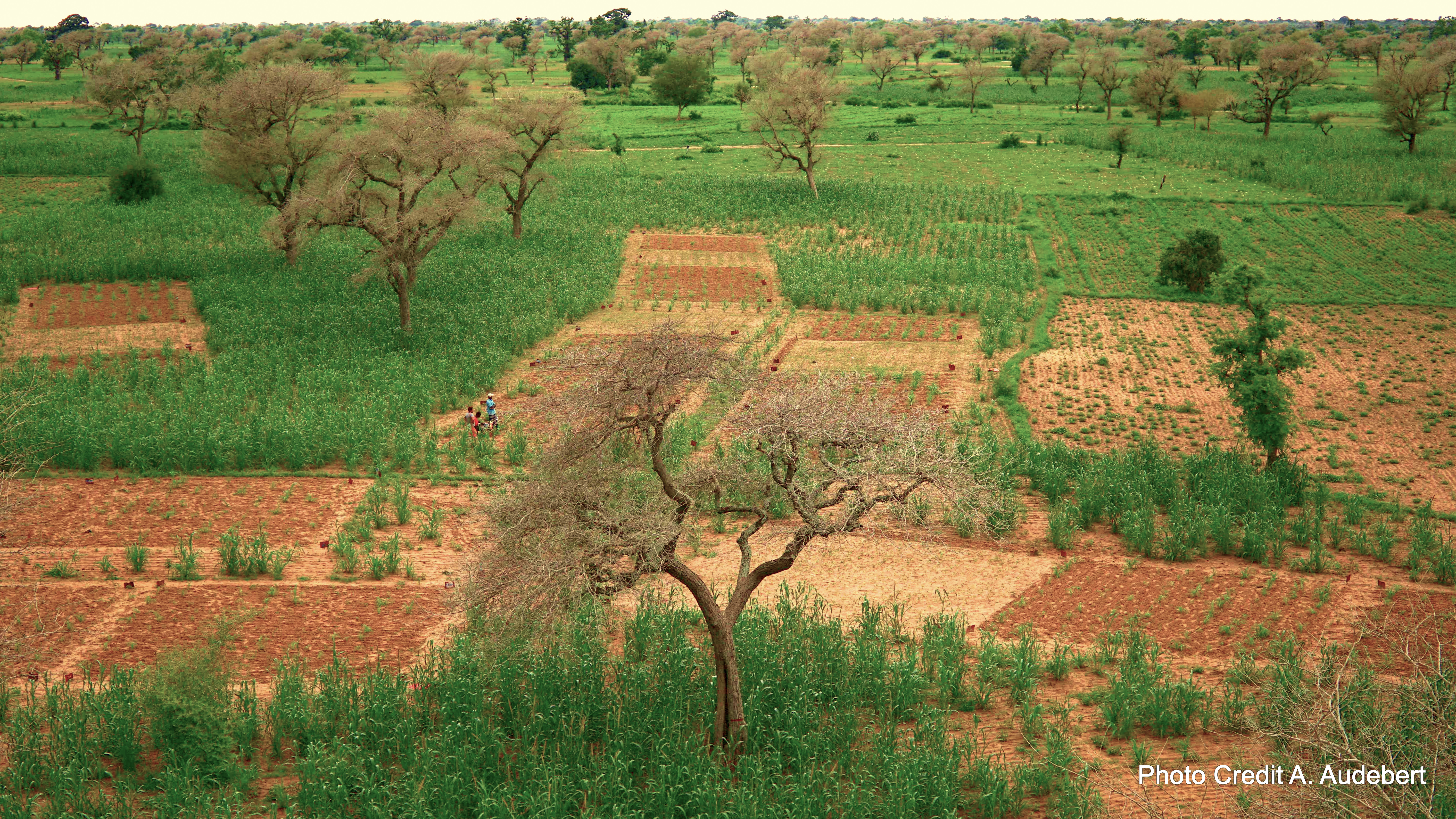Date: September 27, 2023
Location: Dakar, Senegal
By Ifechukwu Emmanuel,
In a region often challenged by harsh climate conditions and food insecurity, a promising development is taking root across the Sahel belt of Africa. African farmers are gaining access to climate-resilient crop varieties that promise to transform agriculture and enhance food security in the face of changing weather patterns.
Climate Challenges in the Sahel
The Sahel region, stretching across Africa from Senegal to Sudan, has long grappled with unpredictable rainfall, prolonged droughts, and increased desertification due to climate change. These challenges have placed immense pressure on agriculture, the backbone of many Sahelian economies.
Introducing Climate-Resilient Crops
To address these pressing issues, a collaborative effort between local agricultural institutions, international organizations, and researchers has led to the development and distribution of climate-resilient crop varieties tailored to the Sahel's unique conditions.
Suleiman Diop, a farmer in rural Senegal, proudly displayed his millet fields, which are part of the initiative. He shared, "These new varieties are a game-changer for us. They can withstand longer dry spells and require less water. This means we can grow more food, even in challenging years."
Diverse Resilient Crops
The project doesn't stop at millet; it includes a range of climate-resilient crops such as drought-tolerant maize, heat-resistant cowpeas, and sorghum varieties that can thrive in low soil fertility conditions. These crops are specifically bred to withstand the Sahel's climatic extremes, providing farmers with a safety net against crop failures.
Boosting Food Security
The adoption of these resilient crops is expected to enhance food security throughout the Sahel. As the region continues to face the impacts of climate change, the ability to produce staple crops in challenging conditions becomes increasingly critical.
Dr. Amina Keita, an agronomist leading the research team, emphasized the broader implications of this initiative, stating, "This is not only about food production but also about climate resilience and the preservation of traditional farming practices in the Sahel. It empowers local communities to adapt to climate change while maintaining their agricultural heritage."
Scaling Up
With initial pilot projects showing promising results, the goal now is to scale up the adoption of these climate-resilient crop varieties across the entire Sahel region. Governments, NGOs, and international partners are collaborating to ensure that these innovations reach as many farmers as possible.
As climate change continues to pose challenges to agriculture worldwide, the Sahel's adoption of climate-resilient crops serves as a beacon of hope, demonstrating how science, collaboration, and innovation can mitigate the impacts of a changing climate while ensuring food security and livelihoods for millions in the region.







